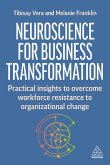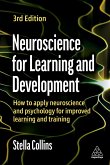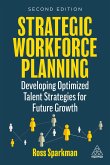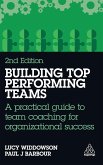Organizational change can be unpredictable and stressful. With a better understanding of what our brains need to focus, organizations can increase employee engagement, productivity and wellbeing to successfully manage periods of uncertainty. Drawing on the latest scientific research, the third edition of Neuroscience for Organizational Change brings the work of neuroscientists out of the lab and into the workplace in a practical and accessible way. It explores the need for social connection at work, how best to manage emotions, how to top up our mental energy, what influences our behaviour and our decision-making and why we need communication, involvement and collaboration to help us through change. This updated edition features a new chapter on neurodiversity and psychological safety, as well as new content based on the latest fascinating insights from neuroscience such as the impact of interoception on our decision-making, how to create a 'challenge' mindset at work, what makes us more receptive to feedback and the role of interbrain synchronization in team performance and collaboration. Full of practical tips, interviews and examples of how these insights have been applied from organizations such as PepsiCo, the Neurodiversity Employee Resource Group at Philips and the UK's Office for National Statistics, this essential guide provides a long-term view of the benefits of applying neuroscience in organizations.
Bitte wählen Sie Ihr Anliegen aus.
Rechnungen
Retourenschein anfordern
Bestellstatus
Storno








